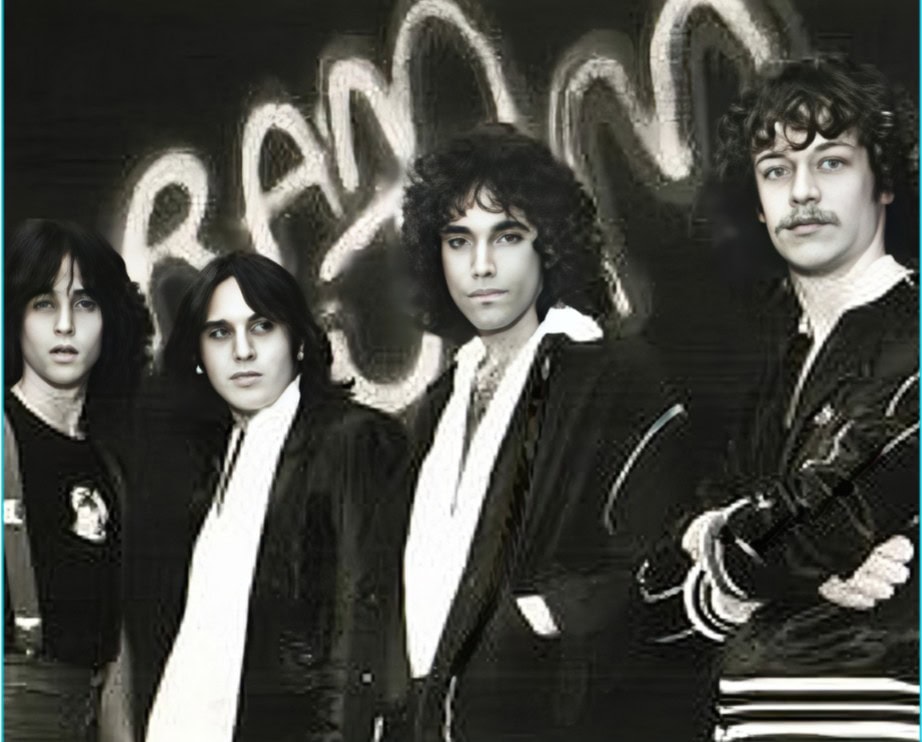About the song
“Black Betty,” often attributed to Huddie “Lead Belly” Ledbetter, is a quintessential 20th-century African-American work song with a rich history and diverse interpretations. Initially recorded by John and Alan Lomax in 1933 at the Central State Farm in Texas, sung by convict James “Iron Head” Baker and his fellow inmates, the song served as a vivid snapshot of prison life. Its rhythmic cadence, marked by hand claps imitating hammer blows, reflected the harsh realities and monotony of labor.
The origins of “Black Betty” have sparked scholarly debate and speculation. One interpretation suggests “Black Betty” was a term used for various objects, including a whiskey bottle, a whip used in Southern prisons, or even a penitentiary transfer wagon. This ambiguity has fueled its enduring appeal and adaptation across different genres and periods.
Lead Belly’s 1939 rendition, recorded commercially for Musicraft Records, showcased his distinctive style with added guitar accompaniment, influencing subsequent folk interpretations by artists like Odetta and Dave Ray in the 1960s. These versions maintained the song’s raw intensity and evocative power, resonating with audiences beyond its original context.
In 1977, American rock band Ram Jam revitalized “Black Betty” with a high-energy, electrified rendition that catapulted the song into mainstream rock culture. Retaining the song’s rhythmic drive and adopting modified lyrics, Ram Jam’s version became a chart-topping hit, further cementing “Black Betty” as a cross-genre classic.
Over the years, the song has been reimagined and performed by various artists, each adding their unique flavor while preserving its core elements. From Manfred Mann’s reinterpretations to covers by Tom Jones and Spiderbait, “Black Betty” continues to captivate audiences worldwide with its primal energy and enduring relevance.
Whether viewed as a snapshot of historical labor conditions, a metaphor for personal struggle, or simply a catchy tune, “Black Betty” remains a testament to the enduring power of folk music to transcend time and cultural boundaries. Its journey from the confines of a Texas prison to international stages underscores its status as a cultural touchstone, resonating with successive generations and reaffirming its place in the pantheon of American musical heritage.
Video
Lyrics
Whoa, Black Betty, bam-ba-lam
Whoa, Black Betty, bam-ba-lam
Black Betty had a child, bam-ba-lam
The damn thing gone wild, bam-ba-lam
She said, “I’m worryin’ outta mind, ” bam-ba-lam
The damn thing gone blind, bam-ba-lam
I said, “Oh, Black Betty, ” bam-ba-lam
Whoa, Black Betty, bam-ba-lam
Whoa, Black Betty, bam-ba-lam
Whoa, Black Betty, bam-ba-lam
She really gets me high, bam-ba-lam
You know that’s no lie, bam-ba-lam
She’s so rock steady, bam-ba-lam
And she’s always ready, bam-ba-lam
Whoa, Black Betty, bam-ba-lam
Whoa, Black Betty, bam-ba-lam
Get it!
Whoa, Black Betty, bam-ba-lam
Whoa, Black Betty, bam-ba-lam
She’s from Birmingham, bam-ba-lam
Way down in Alabam’, bam-ba-lam
Well, she’s shakin’ that thing, bam-ba-lam
Boy, she makes me sing, bam-ba-lam
Whoa, Black Betty, bam-ba-lam
Whoa, Black Betty, bam-ba-lam, yeah, yeah
